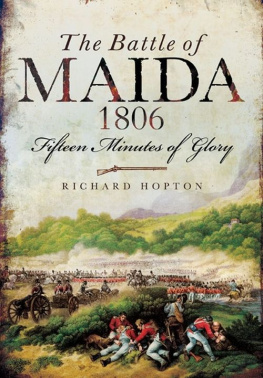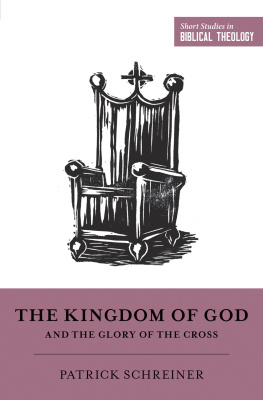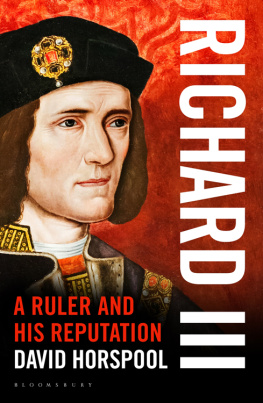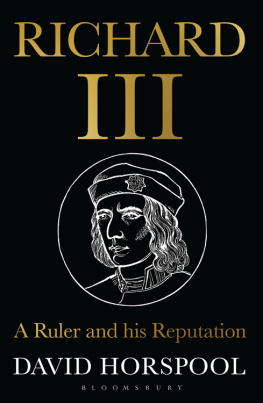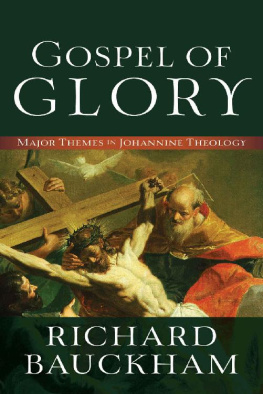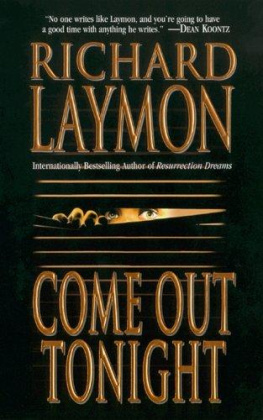First published in Great Britain in 2002 by
Leo Cooper
Reprinted in 2012 by
Pen & Sword Military
An imprint of
Pen & Sword Books Ltd
47 Church Street
Barnsley
South Yorkshire
S70 2AS
Copyright Richard Hopton, 2002, 2012
9781844686070
The right of Richard Hopton to be identified as Author of this work has been
asserted by him in accordance with the Copyright, Designs and Patents Act
1988.
A CIP catalogue record for this book is
available from the British Library
All rights reserved. No part of this book may be reproduced or transmitted in
any form or by any means, electronic or mechanical including photocopying,
recording or by any information storage and retrieval system, without
permission from the Publisher in writing.
Typeset by Phoenix Typesetting, Auldgirth, Dumfriesshire
Printed and bound in England
By CPI Group (UK) Ltd, Croydon, CR0 4YY
Pen & Sword Books Ltd incorporates the Imprints of Pen & Sword Aviation,
Pen & Sword Family History, Pen & Sword Maritime, Pen & Sword Military,
Pen & Sword Discovery, Wharncliffe Local History, Wharncliffe True Crime,
Wharncliffe Transport, Pen & Sword Select, Pen & Sword Military Classics,
Leo Cooper, The Praetorian Press, Remember When, Seaforth Publishing and
Frontline Publishing
For a complete list of Pen & Sword titles please contact
PEN & SWORD BOOKS LIMITED
47 Church Street, Barnsley, South Yorkshire, S70 2AS, England
E-mail: enquiries@pen-and-sword.co.uk
Website: www.pen-and-sword.co.uk
ACKNOWLEDGEMENTS
I have been helped by numerous people in the process of writing this book, in particular the staffs of the British Library and the National Army Museum, whose prompt and courteous service made my researches so much less stressful than they might otherwise have been. Patrick Mercer kindly read an early version of the book and made many thoughtful and helpful suggestions for improvements. Leo Cooper encouraged me from the start, while my father brought his great fund of historical knowledge to bear on many aspects of the book. Tom Hartman, who edited the book, has put me right on numerous occasions as well as providing amusing anecdotes over the lunch table.
I have quoted from the correspondence between Sir John Stuart and Sir Sidney Smith with the gracious permission of Her Majesty the Queen.
Many friends have listened to me droning on about Maida over the last few years and to all of them I extend my heartfelt thanks for their forbearance. Finally, I should like to thank Caroline, who, luckily for her, missed the writing of the book, but whose wit and love has brightened the last stages of its genesis.
London
January 2002
INTRODUCTION
On Sunday 13 March 1803, Lord Whitworth, the British Ambassador in Paris, attended a court leve at the Tuileries. He was taking some English visitors to the ceremony in order to present them to Madame Bonaparte. It was a formal occasion, with some two hundred people present, held in the magnificent state rooms of the palace whose elaborate decoration, gilded ceilings and imposing portraits reflected the power and glory of Frances greatest monarch Louis XIV, le roi soleil . When Whitworth arrived at the leve Napoleon, in a state of very considerable agitation, confronted him and in a voice loud enough for everyone thronging the room to hear said: So you are determined to go to war?
Five days earlier, on 8 March, Parliament had unanimously voted an increase of 10,000 men to the strength of the Royal Navy, in reply to a Royal Message calling for defensive precautions in the face of warlike preparations in the ports along the French and Dutch coasts. By the time of Whitworths visit to the Tuileries this news had reached Paris, throwing the First Consul into a towering rage.
We have already fought for fifteen years, he said, brushing aside Whitworths attempts at conciliation. You want to carry on fighting for another fifteen years and you will force me into it. Napoleon moved off towards the Russian and Spanish Ambassadors who were standing nearby and, in the same vein, continued, The English want war but if they are the first to draw the sword I shall be the last to put it away.
Napoleon stalked off, doing his rounds of the room, evidently still very angry. Shortly afterwards he confronted Whitworth once more: Why these armaments? Against whom are you taking these precautions? I have not got a single ship of the line in any port in France, but if you want arms, I too will arm. If you want to fight, I too will fight. You may perhaps be able to destroy France but you will never intimidate her. It is vital to abide by treaties, a curse on those who do not abide by treaties; they shall answer for it to all Europe. With this Napoleon stormed out of the room, repeating the final sentence as he went.
This celebrated scene is a milestone on the descent of England and France back into war in 1803. The violence of Whitworths description of the incident stands out from the usual polished, courtly diplomatic phrases; he remarks on the extreme impropriety of [Napoleons] conduct. Indeed, Napoleons tirade displayed a total want of dignity as well as of decency that was quite shocking to contemporaries. Negotiations continued throughout March and April between Whitworth and the French Foreign Minister, Talleyrand. The principal sticking-point was the fate of Malta: by the terms of the Peace of Amiens the British government had agreed to relinquish the island, but the arrangements for its future security were deemed inadequate. Article Ten of the Peace nominated the Tsar of Russia as the guarantor of Maltas independence, but he was reluctant to become embroiled in a cause so far from home and declined to accept the responsibility. Faced with increasing evidence of Napoleons belligerence after the Peace of Amiens, the British refused to evacuate the island until a satisfactory solution could be found to protect it from French aggression.
Various compromises were mooted, but the two sides failed to reach a settlement. On 23 April Whitworth was sent his final instructions by the Cabinet in which he was ordered to insist, as a minimum, on a ten-year lease of Malta and, if the French government would not agree to this, he was to leave Paris. On 4 May Whitworth had a further and inconclusive interview with Talleyrand, at which he was persuaded to refer another French officer to his government. This he did; it was refused. When the news of the Cabinets refusal reached Paris Whitworth requested his passports and, on 12 May, left for home. Britain declared war on France on 18 May.
So Britain and France were once more at war. The respite provided by the Peace of Amiens had lasted a mere fourteen months and the war which now resumed would continue for a further eleven years. This long period of visceral struggle against the Napoleonic Empire falls, from the British perspective, into three phases: The War of the Third Coalition, the Peninsular War and the final, triumphant act of 1814 and 1815.
The Third Coalition, as is well known, achieved mixed results. Nelsons victory at Trafalgar ended any pretensions the French had to challenge the British mastery of the seas. Austerlitz, on the other hand, scotched all hope that the Coalitions armies might have had of defeating Napoleons ambitions on Continental Europe. Ulm and Austerlitz allowed Napoleon to dictate terms to Austria and sent the Russian army scuttling home, but, despite these crushing victories, there was for the allies one small chink of light in the surrounding gloom: the Battle of Maida. The campaign on the Danube in the autumn and winter of 1805, which ended in disaster, was only a part (albeit the major part) of the strategy adopted by the leaders of the Third Coalition. They had hoped to mount an effective campaign in North Germany but were frustrated by Prussias refusal to join the alliance. The Mediterranean theatre was important, too; here they did manage to put a combined force of British and Russian troops into the field even if, in the event, it achieved very little.

